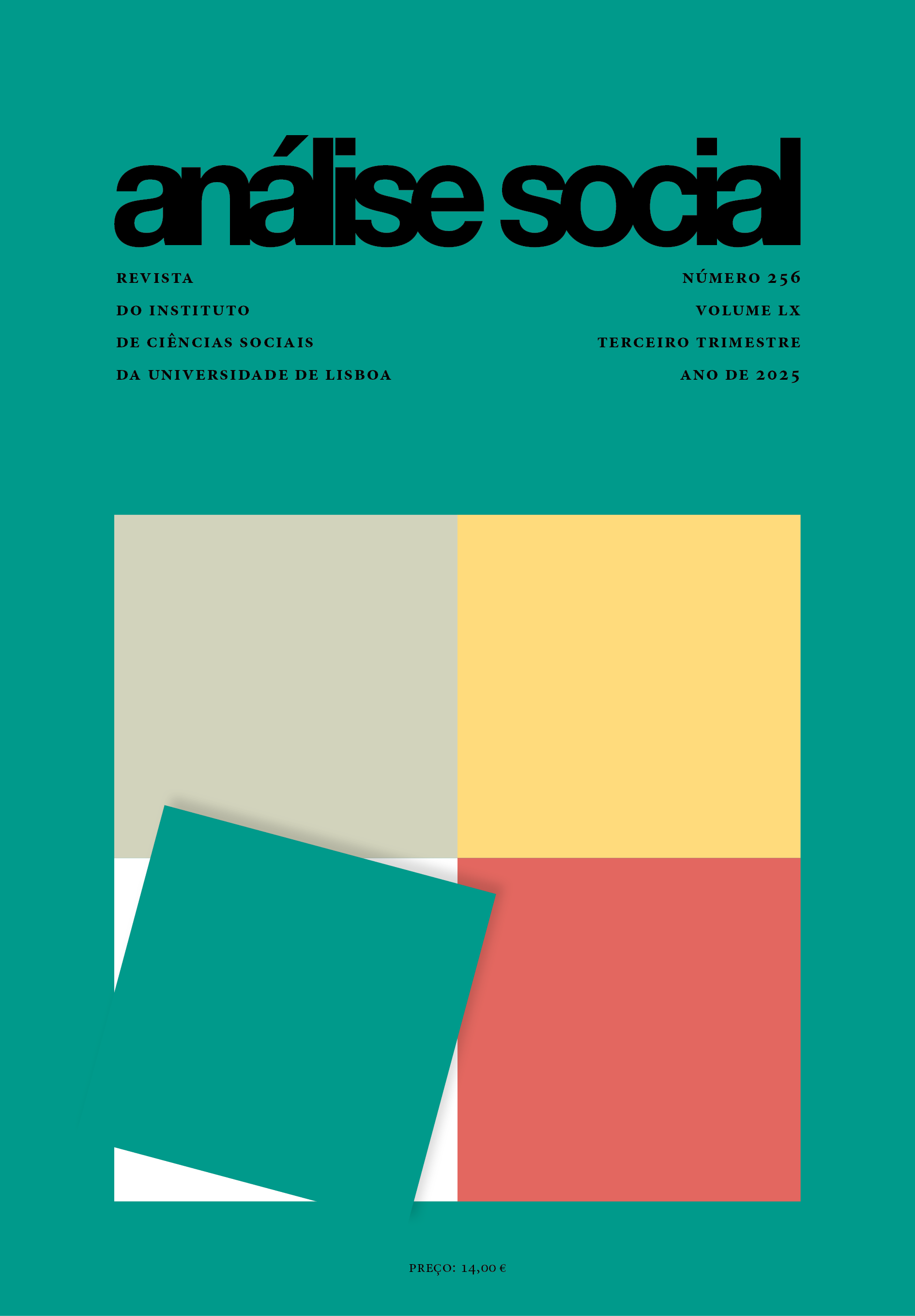Patronage and party government in Portugal.
DOI:
https://doi.org/10.31447/AS00032573.2016220.05Keywords:
patronage, party government, public administration, elite interviewsAbstract
Patronage has been interpreted as an important dimension of the party government model. However, patronage has been conventionally associated with the distribution of jobs in public administration aiming to reward services rendered to the party in government. This is not entirely satisfactory. The growing complexity of governance processes, together with the growing influence of the upper echelons of the civil service in policy making has prompted politicians to search for new ways of controlling the bureaucracy. Through the use of elite interviews, this article seeks to analyze the emergence of an instrumental dimension of patronage, as a potential key resource for parties in government to control the policy-making process and retain a role in modern democratic governance.



